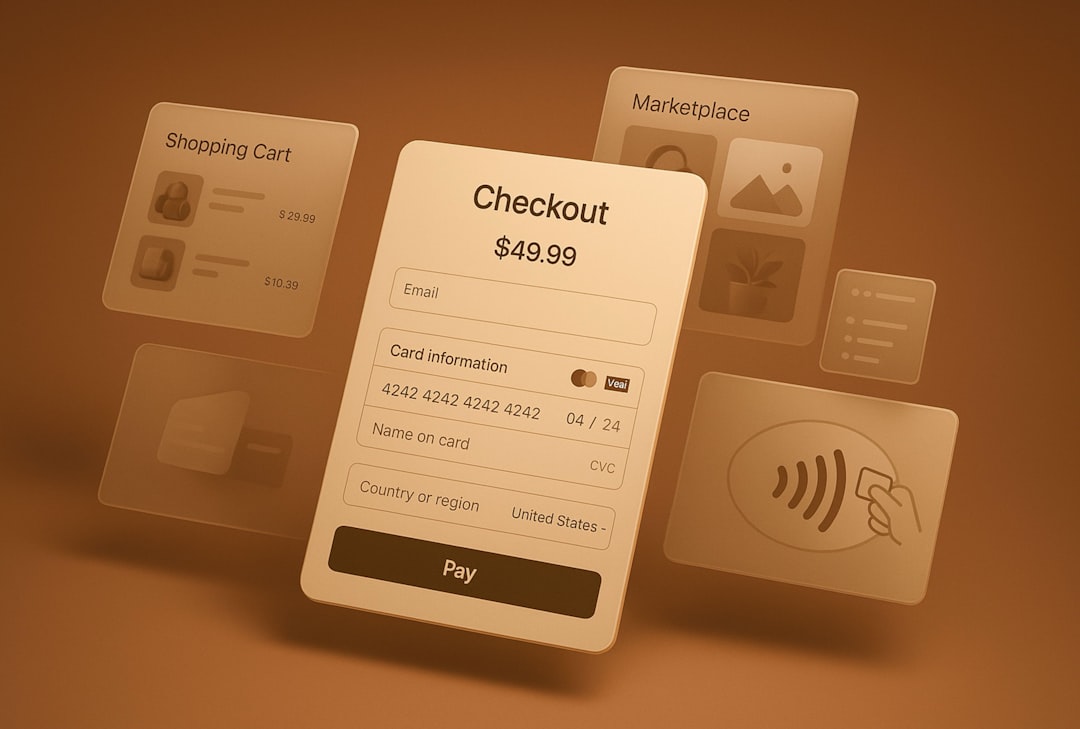The Role of Technology in Personal Finance: Fintech Trends to Watch
In recent years, the financial industry has witnessed a significant transformation with the emergence of financial technology, or fintech. These cutting-edge innovations have revolutionized the way we manage our personal finances and disrupt traditional banking systems. With the increasing reliance on technology in our everyday lives, it’s no surprise that these fintech trends are shaping the future of personal finance.
One of the most notable fintech trends that is transforming personal finance is mobile banking. With the advent of smartphones, banking has become more accessible than ever before. Gone are the days of waiting in long queues at a physical branch; now, you can manage your finances on the go with just a few taps on your phone. Mobile banking apps allow users to view account balances, transfer funds, pay bills, and even deposit checks remotely. These convenient features have made banking a seamless experience and have empowered individuals to take control of their financial well-being.
Additionally, artificial intelligence (AI) and machine learning have played a significant role in reshaping personal finance. AI-powered chatbots and virtual assistants have become increasingly popular in the financial industry, providing users with personalized recommendations and assistance. These intelligent systems analyze user data and patterns to offer tailored insights into spending habits, budgeting, and investment strategies. Such automation not only saves time but also enhances the accuracy and efficiency of financial decision-making, enabling individuals to make informed choices.
Moreover, fintech has introduced innovative approaches to traditional banking services, such as peer-to-peer lending and crowdfunding. These platforms connect borrowers directly with lenders or investors, eliminating the need for intermediaries like banks. Peer-to-peer lending enables individuals to access loans at more favorable interest rates, while crowdfunding allows entrepreneurs and startups to raise funds for their projects from a diverse pool of investors. These alternative financing methods have democratized access to capital and expanded opportunities for individuals and businesses alike.
The democratization of investing is another prominent fintech trend that has reshaped personal finance. In the past, investing in stocks and other financial instruments was often limited to wealthier individuals due to high fees and complex procedures. However, digital investment platforms, commonly known as robo-advisors, have made investing accessible to the masses. Robo-advisors utilize algorithms and machine learning to create personalized investment portfolios based on each individual’s goals, risk tolerance, and time horizon. With minimal barriers to entry and lower fees compared to traditional advisors, robo-advisors have democratized investing, allowing anyone to participate in the financial markets.
Furthermore, blockchain technology has made waves in the financial world, offering increased security, transparency, and efficiency. Blockchain, the underlying technology behind cryptocurrencies like Bitcoin, enables secure and decentralized transactions, eliminating the need for intermediaries like banks. This technology has the potential to revolutionize various aspects of personal finance, including cross-border payments, remittances, and identity verification. The immutable nature of blockchain ensures transparency and reduces the risk of fraud, providing individuals with peace of mind when conducting financial transactions.
Despite all these positive transformations, it’s essential to address the challenges and risks associated with fintech innovations. The increased reliance on mobile banking and digital wallets has raised concerns about cybersecurity and data privacy. As we entrust our financial information to these platforms, it is crucial for developers and companies to prioritize robust security measures and protect user data. Additionally, the rapid development of fintech may result in regulatory challenges as governments strive to keep pace with the evolving landscape. Striking a balance between innovation and consumer protection remains a critical aspect of the future of personal finance.
In conclusion, the role of technology in personal finance is undoubtedly significant, and fintech trends continue to shape the way we manage our finances. Mobile banking, AI-powered assistance, peer-to-peer lending, robo-advisors, and blockchain technology have brought about unprecedented convenience, accessibility, and security. As these innovations continue to advance, it is crucial for individuals, businesses, and regulators to embrace and adapt to the changing landscape, ensuring that technology remains a catalyst for financial empowerment and inclusion.












